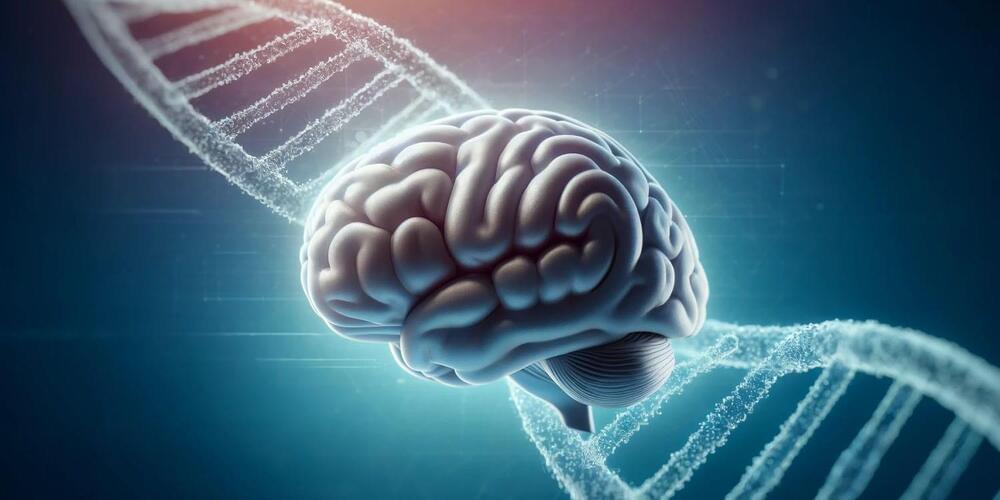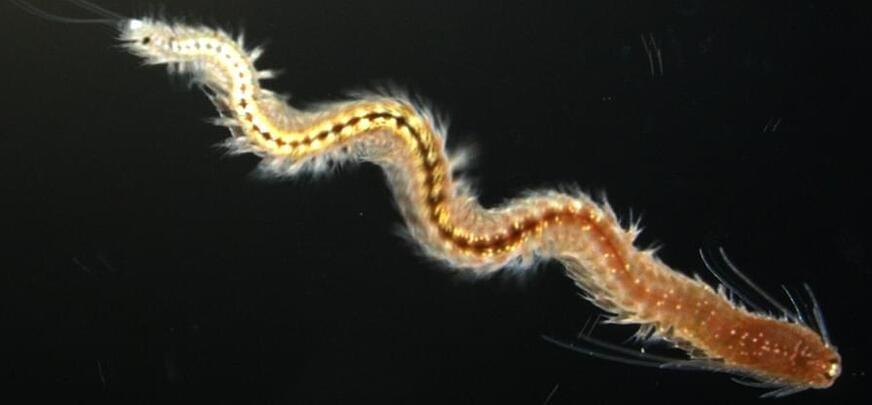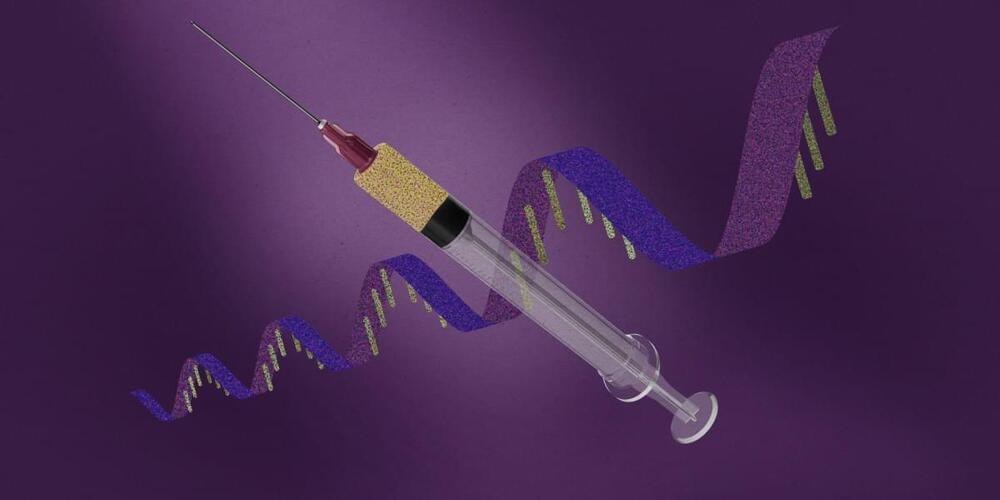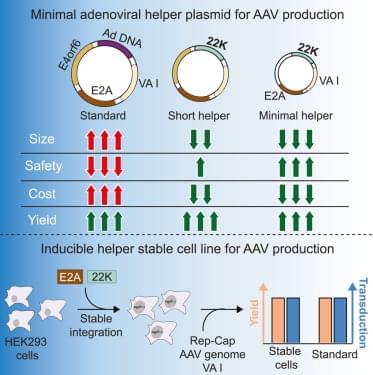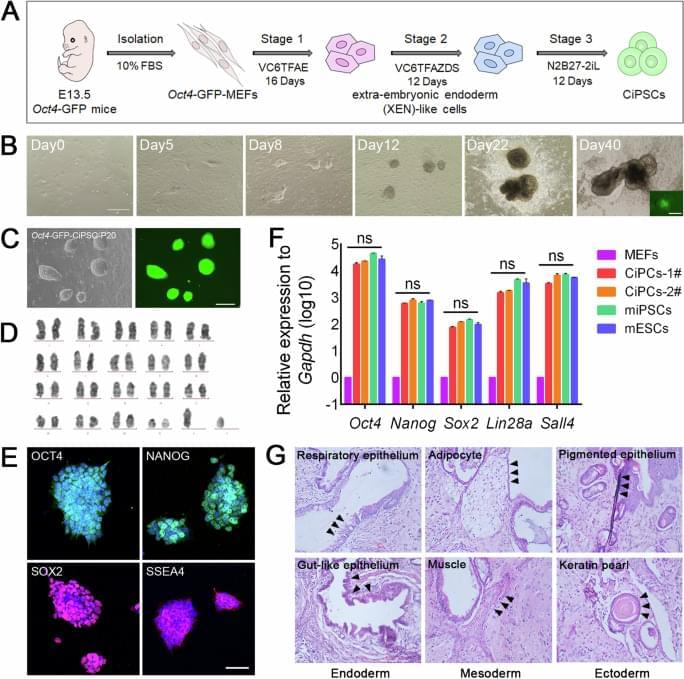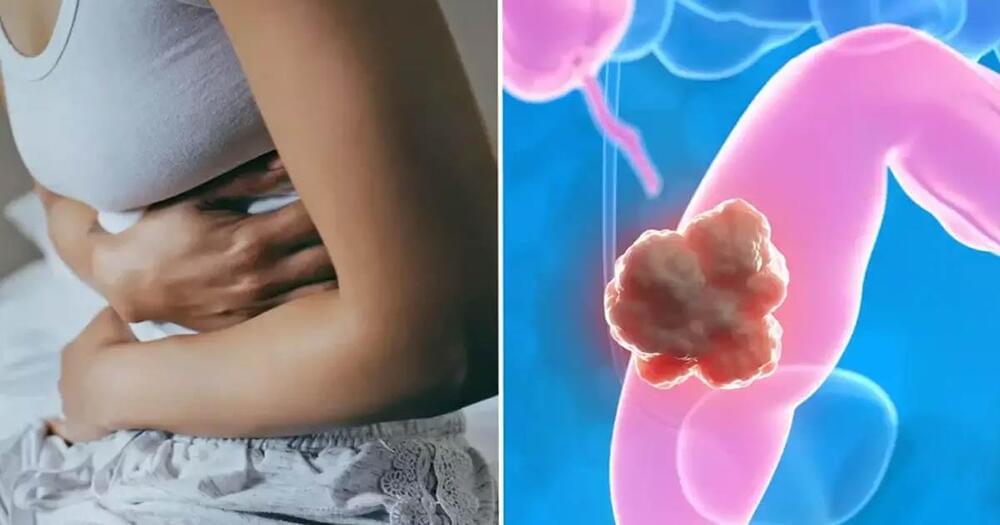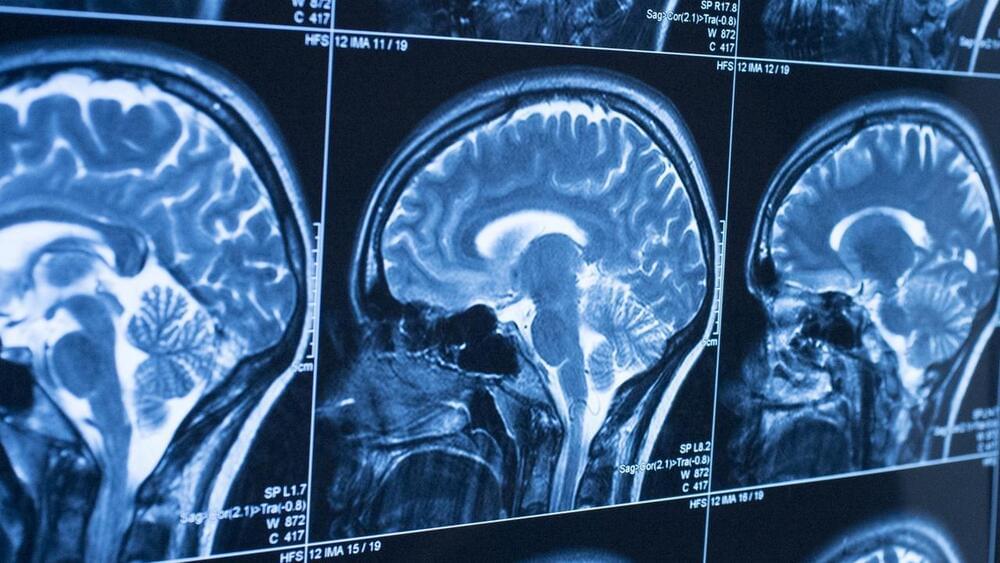Link :
Young people don’t worry about their health the same way older individuals do. Of course, many Gen Zers and Millenials do prioritize their physical and mental wellbeing. But they are young, while the risk of life-changing conditions like heart disease, diabetes, chronic pain, and cancer increases with age. However, research shows that Gen Z and Millenials are not as safe as once thought. The number of cases of colon cancer has doubled in the United States since the 1990s. Especially in the age 20 to 49 demographic.
Colon cancer is also known as colorectal cancer, bowel cancer, or rectal cancer — depending on where the tumor begins. It’s also called the silent killer because there may be few or zero warning signs. And once the symptoms finally appear, the cancer has already progressed.
According to the Colon Cancer Coalition (CCC), colorectal cancer is the fourth most commonly diagnosed cancer, and the second leading cause of death due to cancer. Moreover, 30% of its diagnoses are for individuals under the age of 55. This has made it the leading cause of cancer death for men and the second leading for women under the age of 50.
